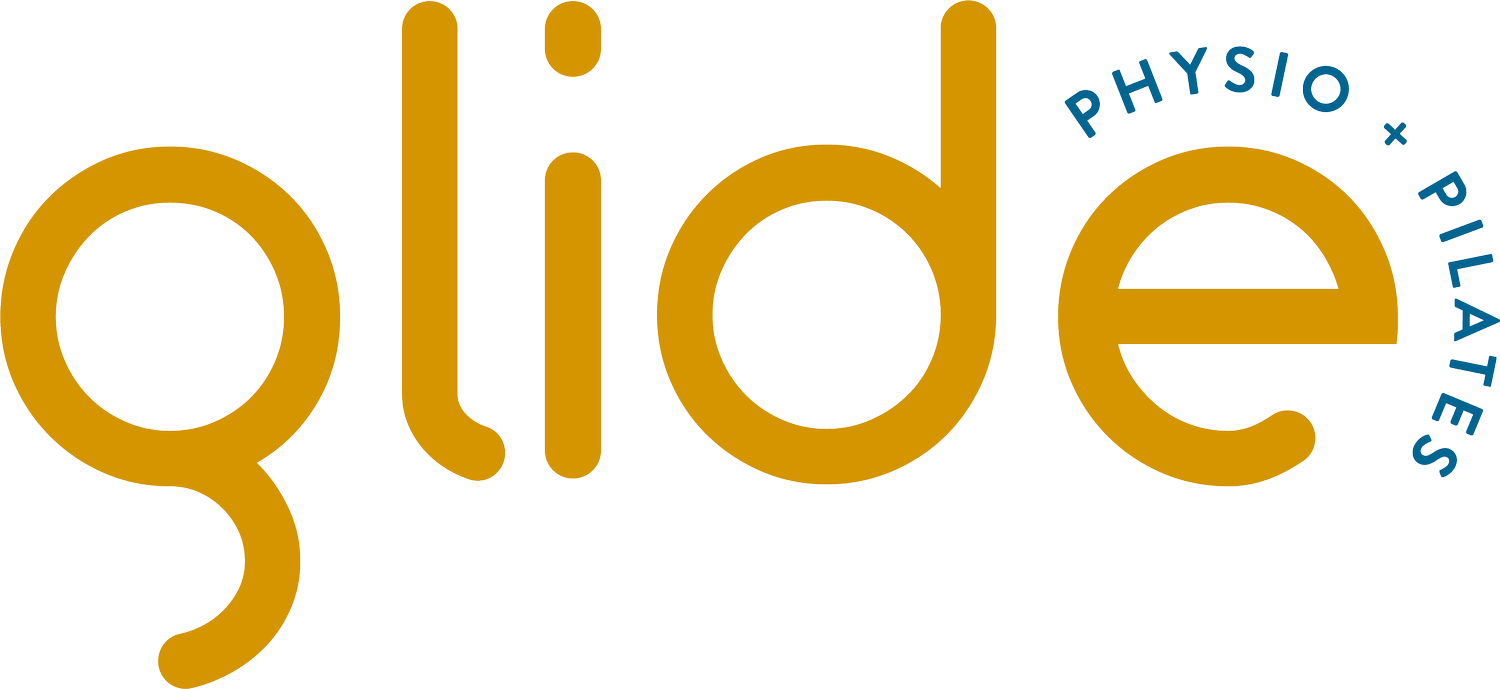What is Clinical Pilates?
Clinical Pilates is a form of exercise therapy that focuses on improving physical function, strength, and flexibility through a series of controlled movements. Developed from traditional Pilates principles, Clinical Pilates is tailored specifically for rehabilitation and injury prevention under the guidance of a qualified physiotherapist. We incorporate specialised equipment, such as a reformer, split-pedal chair, trapeze table and barrels, and emphasises core stability, alignment, and proper movement patterns.
How We Provide Clinical Pilates at Our Clinic
Initial Assessment
Your physiotherapist conducts a thorough evaluation of your mobility, strength and movement patterns
Together, you and your physio decide on your goals for therapy.
Your physiotherapist creates a personalised studio exercise program based on the assessment.
Individual Sessions
We recommend you attend at least 2 individual sessions to learn the correct technique and how to use the equipment safely.
These are usually 45 minute physiotherapy appointments
Ongoing Options
To gain the full benefit of your Clinical Pilates program, you should attend at least two sessions per week for the timeframe recommended by your physiotherapist. You can choose to continue with:
Small Group Sessions: Attend a structured and supervised session with 2-3 others for support and motivation.
Individual or Duo Appointments: Continue one-on-one training, or partner with a friend or family member.
What Does Clinical Pilates Feel Like?
During a Clinical Pilates session, clients can expect a mix of gentle to moderate exertion, with an emphasis on control and precision in movements. Exercises are often modified to suit individual abilities and may feel challenging but should not cause pain. Many clients report feeling a sense of relaxation and improved body awareness as they engage in mindful movement.
How Does Clinical Pilates Help?
Clinical Pilates offers numerous benefits for physical health and rehabilitation through its focus on core stability, flexibility, and strength:
Improved Core Stability: By targeting deep stabilising muscles, Clinical Pilates enhances core stability, which is essential for maintaining proper posture and supporting the body during daily activities and sports.
Improved Strength: Clinical Pilates utilises resistance in the form of springs, weights and body weight, in order to build muscle strength and improve bone mineral density.
Enhanced Flexibility and Range of Motion: The controlled and supported movements utilise assistance from special springs and pulleys. These are useful to promote flexibility and can help restore normal range of motion when pain and stiffness are present.
Injury Prevention: By strengthening muscles and improving movement patterns in a low impact format, Clinical Pilates can help reduce the risk of future injuries, especially for athletes or those returning to physical activity after an injury.
Pain Management: Clinical Pilates can alleviate pain associated with various musculoskeletal conditions, including lower back pain, neck pain, and joint issues, by promoting proper alignment and muscle balance.
Rehabilitation Support: Tailored exercises can aid in the recovery process after injury or surgery, helping clients regain strength, mobility, and confidence in their movements.
Clinical Pilates can be beneficial for a variety of conditions and populations, including:
Post-Surgical Rehabilitation: Supports recovery after surgeries such as hip or knee replacements, or abdominal surgery, helping restore strength and mobility.
Chronic Pain Conditions: Assists in managing chronic pain, such as in conditions like fibromyalgia or chronic back pain, by promoting movement and muscle balance.
Postural and Alignment Issues: Helps address postural imbalances and improve overall body alignment, reducing discomfort and enhancing functional movement.
Athletic Performance: Athletes can benefit from improved strength, flexibility, and body awareness, contributing to enhanced performance and reduced injury risk.
Potential Side Effects
While Clinical Pilates is generally safe, some clients may experience:Muscle Soreness: As with any exercise program, clients may experience mild muscle soreness, particularly when starting or progressing through new exercises.
Fatigue: Some may feel fatigued after sessions, especially as they adapt to new movements and engage muscles in different ways.
Temporary Discomfort: Clients may experience temporary discomfort as they work on challenging areas, but this should not escalate to pain.
What Does the Latest Evidence Say?
Research supports the effectiveness of Clinical Pilates in improving physical function, reducing pain, and enhancing recovery from various musculoskeletal conditions. Studies indicate that it can be particularly beneficial for managing lower back pain, improving core stability, and enhancing overall physical fitness. Guidelines recommend incorporating Clinical Pilates as part of a comprehensive rehabilitation program to optimise outcomes for individuals recovering from injury or managing chronic pain.
